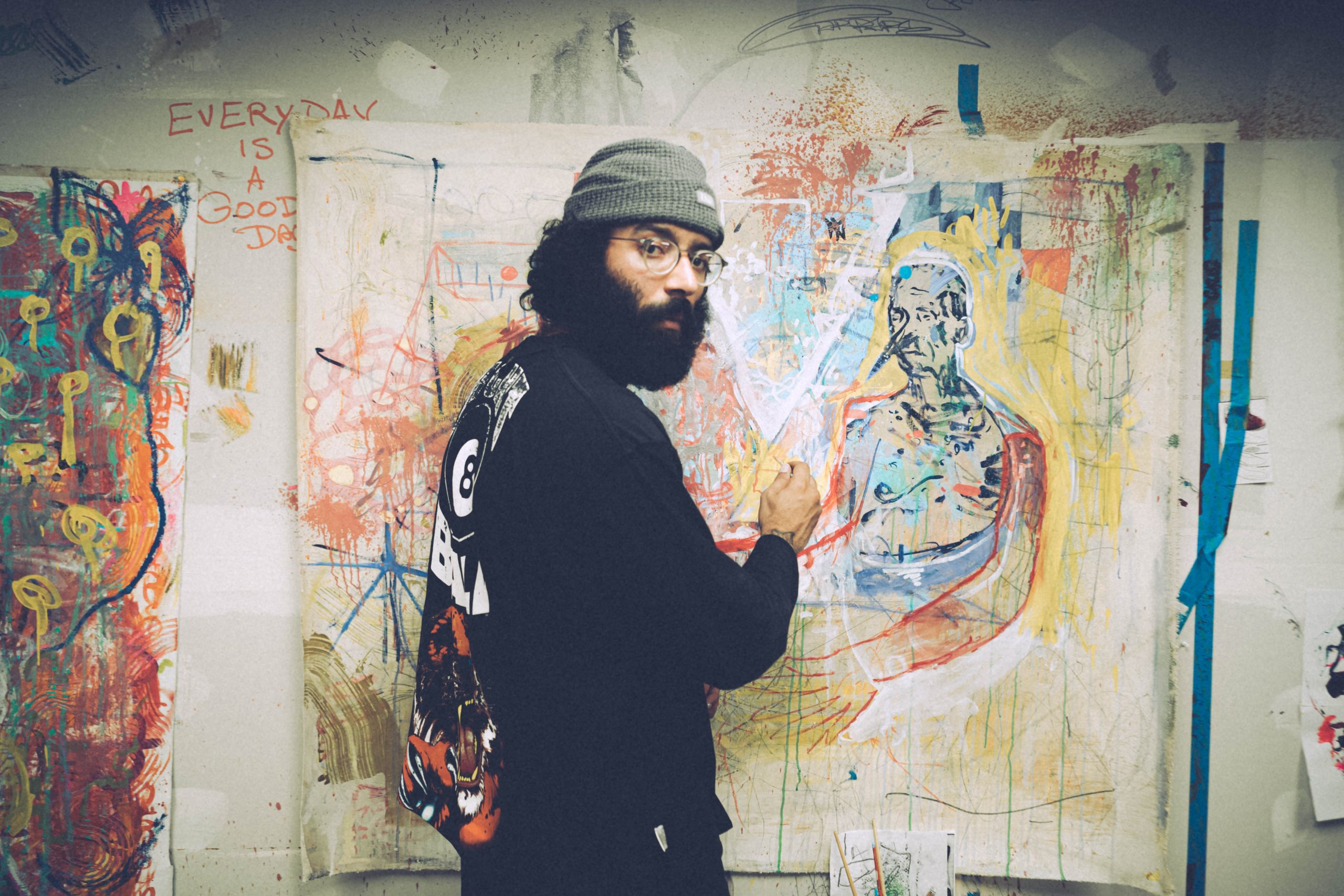Gender Equality: Key to an Inclusive Economy
The inclusion of female leadership in the workplace is crucial for promoting gender equality and fostering innovation. Female leaders not only bring a unique perspective but also inspire others to achieve their professional goals, thereby driving economic independence. Despite progress, gender gaps persist in many countries. In Mexico, for example, women's labor participation was only 45% compared to 77% for men in 2022, according to a World Bank report. This underscores the importance of continuing to work towards promoting equal opportunities. Companies that promote the inclusion of women in all areas of work experience various benefits, such as better talent retention, more equitable policies benefiting all employees, and greater diversity in the workforce, which helps prevent gender, racial, and sexual discrimination. Furthermore, these benefits also translate into positive economic aspects for countries, such as an increase in per capita income and greater economic growth. How does this topic remain relevant today? Despite efforts to close gender gaps, there is still much work to be done. The inclusion of female leadership remains a priority for building a fair, equitable, and prosperous workplace for all.
How to promote the orange economy in communities
Have you ever wondered how to promote creativity and entrepreneurship in a sector that can transform the reality of a region? The answer lies in the fascinating and promising orange economy, a concept that is revolutionizing the way we see and approach economic and social development. But what exactly is the orange economy or creative economy? It is the set of economic activities based on creativity, culture and knowledge. Creativity and entrepreneurship are fundamental pillars of the orange economy and play a vital role in the development of communities. This time, I would like to present some examples of innovative projects so that you can be inspired, harness talent and transform it into a source of economic, social and cultural development. Pietà Project (Peru): It is a high-quality ecological urban clothing project, which is made by men and women from prisons in Lima. Prisoners who are part of this project can receive a reduction in their sentence and a percentage for the sales of the brand. Trash to Art (Brazil): This project transforms recyclable materials into works of art and unique products. Citizens collect and recycle materials such as plastic, glass, and paper to create sculptures, jewelry, and other art objects that are later


